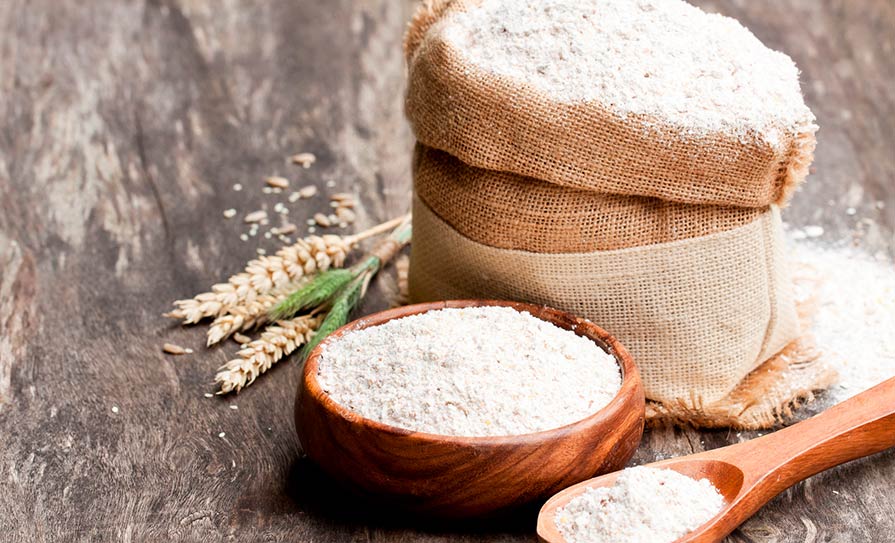Senior clinicians in the HSE National Women and Infants Health Programme (NWIHP) have urged the Department of Health to initiate a policy on fortification of white flour with folic acid.
According to a NWIHP quarterly update report, dated 29 September 2023, a review had been conducted by the national clinical lead for neonatology and was communicated to the Chief Medical Officer (CMO) in December 2021.
In September 2023, the NWIHP’s Clinical Director and neonatology clinical lead “wrote again” to the CMO regarding “progressing this initiative with a clear recommendation for folic acid fortification of white flour”, according to the quarterly report.
In 2021 the UK government announced it would introduce mandatory folic acid fortification of non-wholemeal wheat flour to help prevent neural tube defects (NTDs).
NTDs are the most common major malformation of the central nervous system in the developing foetus. NTDs arise at an early stage of pregnancy, between 21 and 28 days after conception, a time when many women do not yet realise they are pregnant as they have not yet experienced a missed menstrual period.
The UK government has estimated that its fortification policy will prevent 20 per cent of cases of NTDs per annum. The policy involves the mandatory addition of 250 micrograms of folic acid per 100 grams of non-wholemeal wheat flour, with the legislative changes expected this year. NHS advice on folic acid supplementation will continue.
The HSE recommends that women of childbearing age take a 400-microgram folic acid supplement daily even if they are not planning a pregnancy. According to the HSE website: “It’s best to take folic acid for at least 14 weeks before you become pregnant, when you’re trying for a baby. You should continue taking it for at least the first 12 weeks of pregnancy.”
Some women will be advised to take a higher dose due to certain medical conditions. In 2019, a Department of Health folic acid policy committee reported that there was inadequate use of folic acid supplements in terms of the duration of pre-pregnancy supplementation for most pregnancies in Ireland. “This is particularly so among unplanned pregnancies. In general, less than half of women commence folic acid supplements before pregnancy and less than a quarter commence supplementation 12 weeks before conception.”
It also noted that a healthy diet pre-pregnancy was important, but not sufficient to protect against the occurrence of NTDs.
The incidence of NTDs in Ireland “remains high” by European standards, according to the committee’s report.
The committee referred to “considerable evidence” supporting the introduction of mandatory fortification of foodstuffs with folic acid as a policy measure. However, it recognised that this option was dependent on matters including food consumption patterns and preferences, supply chain issues, and the implications of Brexit, as well as the resources and timing involved. These issues would need to be “worked through” before further consideration. In the short-term, other actions were needed to optimise both supplement use and dietary folate.
A Department spokesperson referenced the committee’s findings.
The spokesperson said Ireland does not have national mills and relies on the UK for up to 80 per cent of its flour supply. The implications of the UK decision “cannot be fully known until the current level of such flour used in Ireland is assessed”.
In the event of any proposal to revise existing legislation, a regulatory impact analysis, cross Government collaboration and national stakeholder consultation would be among the steps required.
The HSE did not provide comment on the NWIHP review.













Folic acid is destroyed at temperatures above 100 degrees celcius – I do not see the point in fortifying white flour with folic acid – unless the flour is to be eaten uncooked!!!
Yours, A/Prof Muriel Soden.